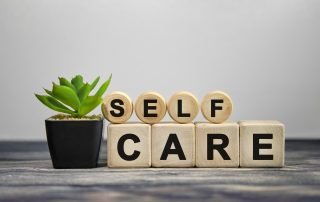
We care
we are here for you
How we help
PAVE provides support, training, information and resources
to empower and give voice to individuals, youth and families impacted by disabilities in Washington.
Support
Let’s connect. Tell us what you need.
Training
See all events on the calendar
Information
Read & View Useful Articles
Self-Care is Critical for Caregivers with Unique Challenges
Caring for individuals with disabilities or complex medical needs can be emotionally and physically draining, making intentional self-care essential for long-term well-being. Simple practices like mindfulness, getting enough sleep, going for a walk, or taking a few deep breaths can help reduce stress and build resilience. Talking to others who understand and finding time to rest can also help caregivers stay strong and healthy.

